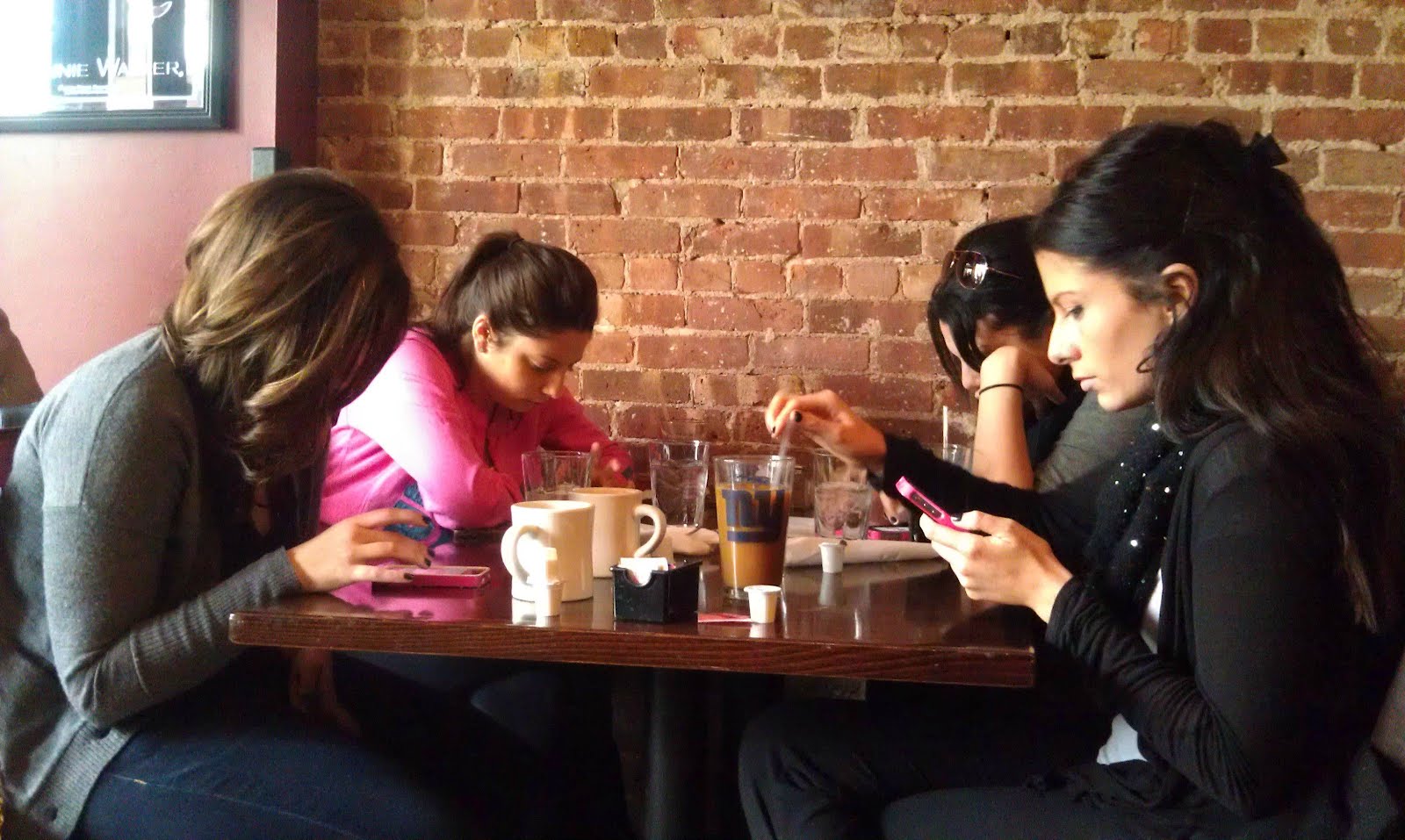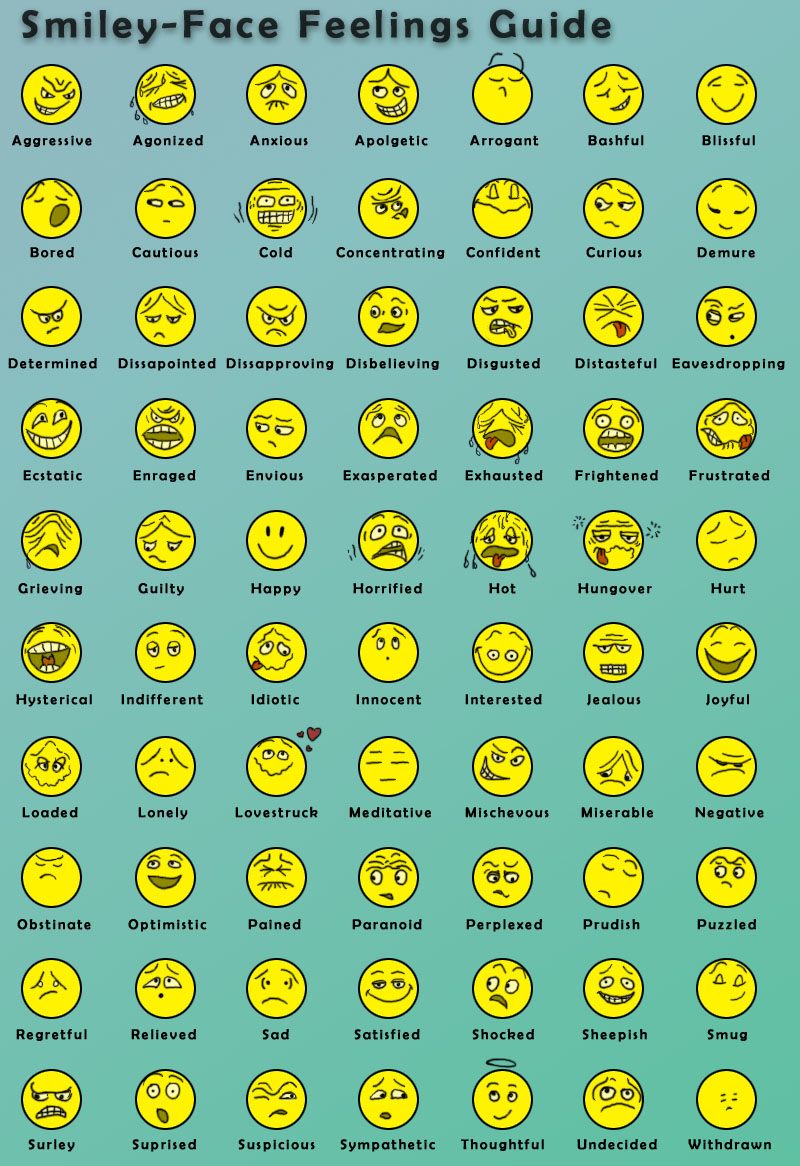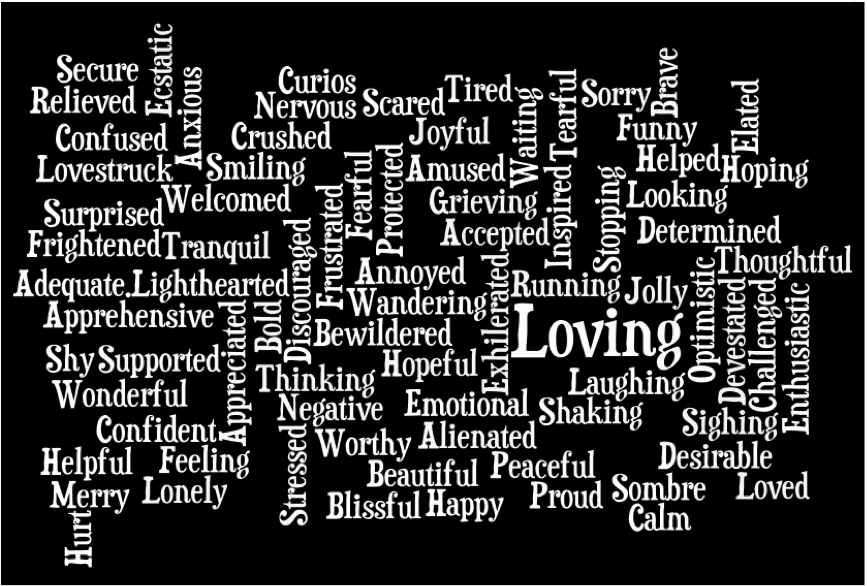make sure to refresh this page every time you access it; last update: 9/12/17
EMOTIVE ETHICS
the oldest, most common approach to ethics, sometimes called "Love Thy Neighbor As Thyself":
In feeling terms:
The result:


Born free, as free as the wind blows / As free as the grass grows / Born free to follow your heart / / Live free and beauty surrounds you / The world still astounds you / Each time you look at a star // Stay free, where no walls divide you / You're free as the roaring tide / So there's no need to hide // Born free, and life is worth living / But only worth living / 'cause you're born free // (Stay free, where no walls divide you) / You're free as the roaring tide / So there's no need to hide // Born free, and life is worth living / But only worth living // 'cause you're born free
--------------------
INSPIRATIONS
A human being is a part of the whole, called by us "Universe," a part limited in time and space. He experiences himself, his thoughts and feelings as something separated from the rest, a kind of optical delusion of his consciousness. This delusion is a kind of prison for us, restricting us to our personal desires and to affection for a few persons nearest to us. Our task must be to free ourselves from this prison by widening our circle of compassion to embrace all living creatures and the whole of nature in its beauty. Nobody is able to achieve this completely, but the striving for such achievement is in itself a part of the liberation and a foundation for inner security.
Albert Einstein (1879 - 1955) Mathematical Circles
Love
alone can unite living beings so as to complete and fulfill
them... for it alone joins them by what is deepest in
themselves. All we need is to imagine our ability to love
developing until it embraces the totality of men and the
earth."
~ Pierre Teilhard de Chardin
GOALS
[2A2] ETHICS: our primary approach is the oldest: ethics guided by lovingkindness; more specifically, by three nonbinary emotions: biophilia, inner peace, joie de vivre
[2A2f] To practice replacing fear and greed with love, compassion, tolerance, and the sympathetic imagination.
[3C1] To unify the self: our goal is to maximize our potential by cultivating both sides of our brains, developing all our multiple intelligences.
+ [ To practice listening. See pages on this topic in our anthology: Covey on listening +reading, writing, speaking: Class Discussion; Listening; Have You Tried Listening?
Step One
Meditation and Guided Imagery
"A Zen-inspired blend of meditation, breathing exercises and focus techniques are in vogue in corporate America—championed by blue-chip employers like Google Inc. and General Mills Inc. as a simple but potent mind-sharpening tool."
Gershman, Jacob. "Lawyers Go Zen, With Few Objections." WSJ. June 18, 2015. Accessed September 20, 2015 by Starfish, E603A

Meditating and Sharing in a Group
"I know when we first began our in class meditations, I wouldn't allow myself to completely let go. I was running through a mental list of what I had to do for the day. I would think about the last time I ate or what I would eat for lunch when class ended. I would think about how late I would have to stay up or when I would finally get a chance to call my parents. I would be conscious of how other's hands felt when we joined hands. I was overly conscious of my own hand movements—are my hands dry? But then, with more and more meditations, I was able to completely indulge in Ram Dass's voice. I was able to release myself of all other thoughts and truly clear my mind. I felt at peace and my mind was decluttered enough to serve as a light source for those in pain. I was then better able to understand other's pain and suffering during their best and worst, as well as their happiness and joy. I was able to have the listening mind, "this kind of listening to the intuitive mind is a kind of surrender based on trust. It's playing it by the ear, listening for the voice within. We trust that it's possible to here into a greater totality which offers insight and guidance" (The Listening Mind, 111). I think this is particularly true when we all join hands. Depending on whose hands I am holding, I try and think back to their most recent best and worst, then I send them light from my heart. With this clear mind, I am able to more fully relate to those around me. (PEACOCK)
Shairing in Pairs
Bring a piece of paper with your name on it and this opening sentence: "Last week I felt a range of feelings from xxxx, xxxx, and xxxx to xxxx, xxxx, and xxxx." You will hand in this paper to the instructor at the beginning of class. Keep a copy for yourself if necessary.
You will be paired with a new class member each class session, as long as possible. You will get to speak for two minutes without being interrupted and you will get to provide that experience for the other person. As you speak, try to keep the focus on your feelings as long as possible.
Step Two
LISTENING
Listen by extending your sympathetic imagination. Penetrate the barrier which space puts between you and the speaker, and, by actually entering into the speaker's world, secure a momentary but complete identification with him or her. Sense the fundamental reality and inner working, the peculiar “truth” and nature of the person.
Add your emotional intelligence to your sympathetic imagination:
Listen by simply opening your heart to truly hear the person speaking, give the person your full attention, be completely present Try to actually understand what the other person is saying -- not just the words, but the meaning and FEELING behind the words.
Why? It is a wonderfully healing experiene simply to be lovingly, openly heard by others, knowing that you are free to express how you FEEL without being ignored, judged, advised, or interrupted. Everyone has their own wisdom, their own answers within them. It is wonderful to empower another person by facilitating them to find their own path by giving them your full, undivided attention as they speak.
_____________________________________________
testimony
"Communication is without question THE most important skill in life. . . . . 40 to 50 per cent ofour communication time is LISTENING --- the one mode we have had the least training in..... Of the five levels of listening -- ignoring, pretend listening, selective listening, attentive listening, and empathic listening -- only the highest, empathic listening, is done within the frame of reference of the other person. ... It is a very, very rare skill."
Steven Covey, business consultant and speaker
_____________________________________________
"[W]hen a person realizes he has been deeply heard, his eyes moisten. I think in some real sense, he is weeping for joy. It is as though he were saying, "Thank God, somebody heard me, Someone knows what it's like to be me"
I felt moved after reading this eloquent quote by Carl Rogers, one of the founders of the humanistic approach in psychology. Mostly everyone (excluding those who experience alexithymia) knows what its like to feel crushed, empty, lonely, rejected, etc. These negative feelings are a terrible burden when you think no one can relate to you. When someone is empathetic to another through the sharing of past experiences, especially past distress, I feel it is most definitely mutually beneficial for both people. It ameliorates joy. The feeling (empathy) you are together with another human, -together in strife and together in joy- is a feeling that I value everyday.
Kristine, UGS 302
_____________________________________________
Student who read Alice in Wonderland
Meeting the Cheshire Cat, Alice was "feeling very glad she had someone to listen to her." "I don't think they can hear me … I feel somehow as if I was getting invisible." I notice how Alice still struggles to connect with anyone in her adventures. In a way, Alice's feelings of being invisible are relatable. When people don't listen to us, it makes us feel invalidated and unimportant. I detest it when I'm with friends, and they just play on their phone.
What's the point of me actually being there? This idea of focusing your energy and heart to the person talking during Best and Worst makes me feel important and valued."
_____________________________________________
Students who read Siddhartha
Siddhartha "learned from [the river] to listen, to pay close attention with a quiet heart, with a waiting, open soul, without passion, without a wish, without judgment, without an opinion"
"He learns from this ferryman one of the most important things we learn in our class: empathetic listening. The ferryman listens attentively, without giving advice, without speaking, and this allows Siddhartha to pour his life story out to this stranger that he just met. In the video, it states that "we are hardwired to experience another's experience as if we are experiencing it ourselves." After experiencing effect of the ferryman's empathetic listening on himself, Siddhartha realizes how important such a practice is. When he goes to learn from the river, he hears various different voices, some yelling about pain and suffering, and he learns to empathize."
"like only a few, he knew how to listen" (94). Upon reading this I was instantly reminded of class and how we are supposed to listen to no one else and think about nothing else except the speaker during Best and Worst. The idea of active listening has been a huge source of discussion in class so far, and I was surprised that it came up in this novel of all places"
___________________________________________










